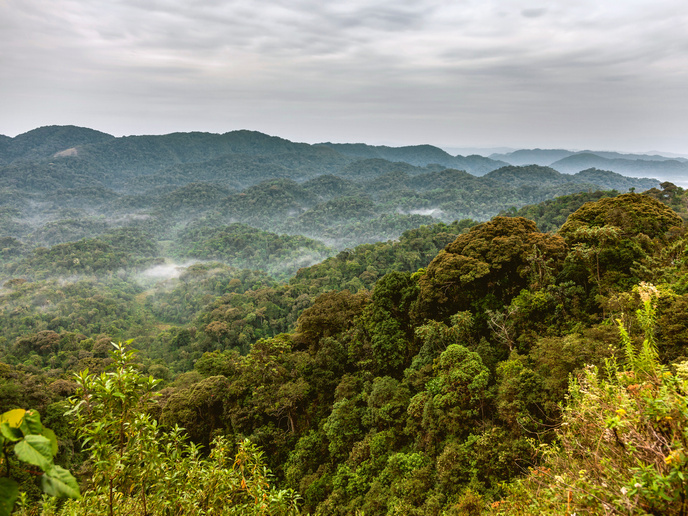New climate tools to shape policies and secure the future of the Horn of Africa
The Horn of Africa drylands rely heavily on seasonal rainfall to support subsistence farming, primarily rainfed agriculture and pastoralism. This dependence makes the region highly vulnerable to climate hazards that manifest in water scarcity and food insecurity during droughts. The EU-funded DOWN2EARTH(opens in new window) project examined the connections between seasonal climate patterns, water scarcity and food insecurity, as well as their impacts, and provided actionable information for the rural communities in the region to protect their livelihoods and well-being. “We promoted community-centred and institutional strategies for adapting to and building resilience against climate change impacts. By delivering tailored climate services, we concentrated on tackling water scarcity and its consequences at or near the Earth’s surface,” says Michael Singer, project coordinator. With an interdisciplinary team of experts from 14 institutions from eight countries in Africa and Europe, DOWN2EARTH confronted the multi-faceted challenges of water scarcity and food insecurity in Ethiopia, Kenya and Somalia. This collaboration also allowed harvesting local traditional knowledge and combining it with the latest climate science to provide tailored support to the target communities.
Innovative tools driving climate adaptation
DOWN2EARTH improved climate services and supported climate adaptation in the Horn of Africa drylands, including Ethiopia, Kenya and Somalia, through advanced decision-support tools, capacity building, expanded data networks and policy enhancements. A significant outcome was the creation of drylands-specific modelling system Climate into Useful Water And Land Information in Dryland CUWALID(opens in new window) that predicts the impacts of upcoming rainy seasons over 2 million km2 in the Horn of Africa drylands in a reliable way. Integrated with forecasts from IGAD Climate Prediction and Applications Center (ICPAC), the model and its impact-based forecasts are now a part of ICPAC’s seasonal Greater Horn of Africa Outlook Forum (GHACOF), held three times a year. “We created the world’s first impact-based forecasting system that converts climate forecasts into actionable water and vegetation data tailored for drylands. Unlike existing global models, this system captures critical hydrological processes, including streamflow, soil moisture and groundwater dynamics,” outlines Singer. A social media chatbot WujihaCast(opens in new window) delivers summarised data from the forecasting system in a user-friendly format, bridging the gap between science and action. “WujihaCast is an open-source Telegram chatbot that provides updates on climate impacts in various formats (maps, text, voice, images) and languages (Oromo, Swahili, English, Somali, Amharic). This tool serves local governments, non-governmental organisations, radio stations and other stakeholders,” adds Singer. Additional achievements include: expanding Somalia’s weather station network, bridging critical data gaps caused by years of conflict; new regional-level policy frameworks leveraging agent-based modelling were developed; and multilingual media training courses to support journalists in climate reporting. The project also contributed substantially to BBC Media Action’s Living Climate Change(opens in new window) film series, offering worldwide a window into the struggles of rural communities facing the impacts of climate change.
Lasting tools for climate adaptation and action
“Throughout the project, we stayed closely connected with rural communities across Ethiopia, Kenya and Somalia. These relationships offered valuable insights into the challenges of climate change and adaptive capacities while fostering the uptake of our project outcomes,” says Singer. DOWN2EARTH’s impact is expected to be strong and long-lasting, especially owing to the infrastructure embedded within institutions across the Horn of Africa drylands. ICPAC will continue using CUWALID and WujihaCast to deliver critical, easy-to-understand climate services that address the growing needs of the regions. Furthermore, the online training courses, climate change films and policy frameworks will remain valuable resources for diverse audiences.







